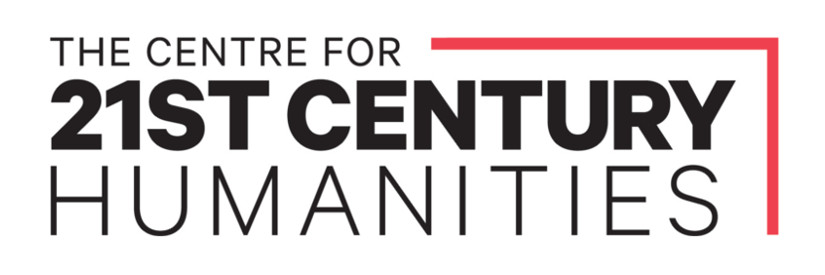Contact
If you are interested in citing or using any information on this site, please see the Terms Of Use.
This site represents the best information available to our research team and is a starting point for further research. Please read the Introduction to understand the information on this site.
With stage 5 of this website in 2024 work on the project has ended and reflects the best information available at the time. While future research will most likely improve information about massacres, there will be no further updates to this site. We hope it will provide a useful and stable reference point on which to base further research.
Throughout the project we have welcomed suggestions for additions or modifications to the site, the data and the map. We take potential errors seriously. This was an ongoing project that invited corrections from the public. Each potential modification to data was investigated and information on the website updated accordingly. Due to the large volume of comments, it sometimes took a long time to work through each case as we were a small team with limited funding.
We maintained rigorous standards for inclusion and use conservative estimates. This does not mean we were dismissing or downplaying the incidents - instead we hoped to protect the integrity of the information and that this will help bring more evidence to light. While violence was more widespread than can be indicated on this map, we aimed to establish with confidence that, at the very least, these massacres occurred and this many people were killed in them.
We hope the Colonial Frontier Massacres website provides a valuable reference for future research, and helps further understanding of our history.
Please direct enquiries to Bill Pascoe, previously employed at the University of Melbourne and University of Newcastle, by emailing australianwars@gmail.com
Donate
Work on the Colonial Frontier Massacres, 1788-1930 project has closed. Our work on cultural mapping and colonial conflict in Australia continues in the following ways, for which donations are welcome. (There is some overlap as the Australian Wars and Resistance work uses TLCMap to handle mapping).
TLCMap: https://tlcmap.org
TLCMap is a system for mapping culture and humanities research in Australia. Aboriginal and Torres Strait Islander culture and history is a priority, but this platform can include all culture and history. An instance of the Colonial Frontier Massacre data is hosted with the TLCMap. Other examples include: Bunya Maps, WA Journey Ways, Australian Wars.
Contact the University of Newcastle Office of Alumni and Philanthropy.
Australian Wars and Resistance: Australian Wars and Resistance
Members of the Colonial Frontier Massacre map team have joined with around 50 leading Aboriginal and Torres Strait Islander people, historians and archaeologists to map events in the Australian Wars and resistance movements from 1788 to the 1930s and to identify people involved in them. Work on Australian Wars and Resistance began in 2025 but there's a long way to go.
Contribute through our GoFundMe campaign, email australianwars@gmail.com or contact the University of Newcastle Office of Alumni and Philanthropy.

